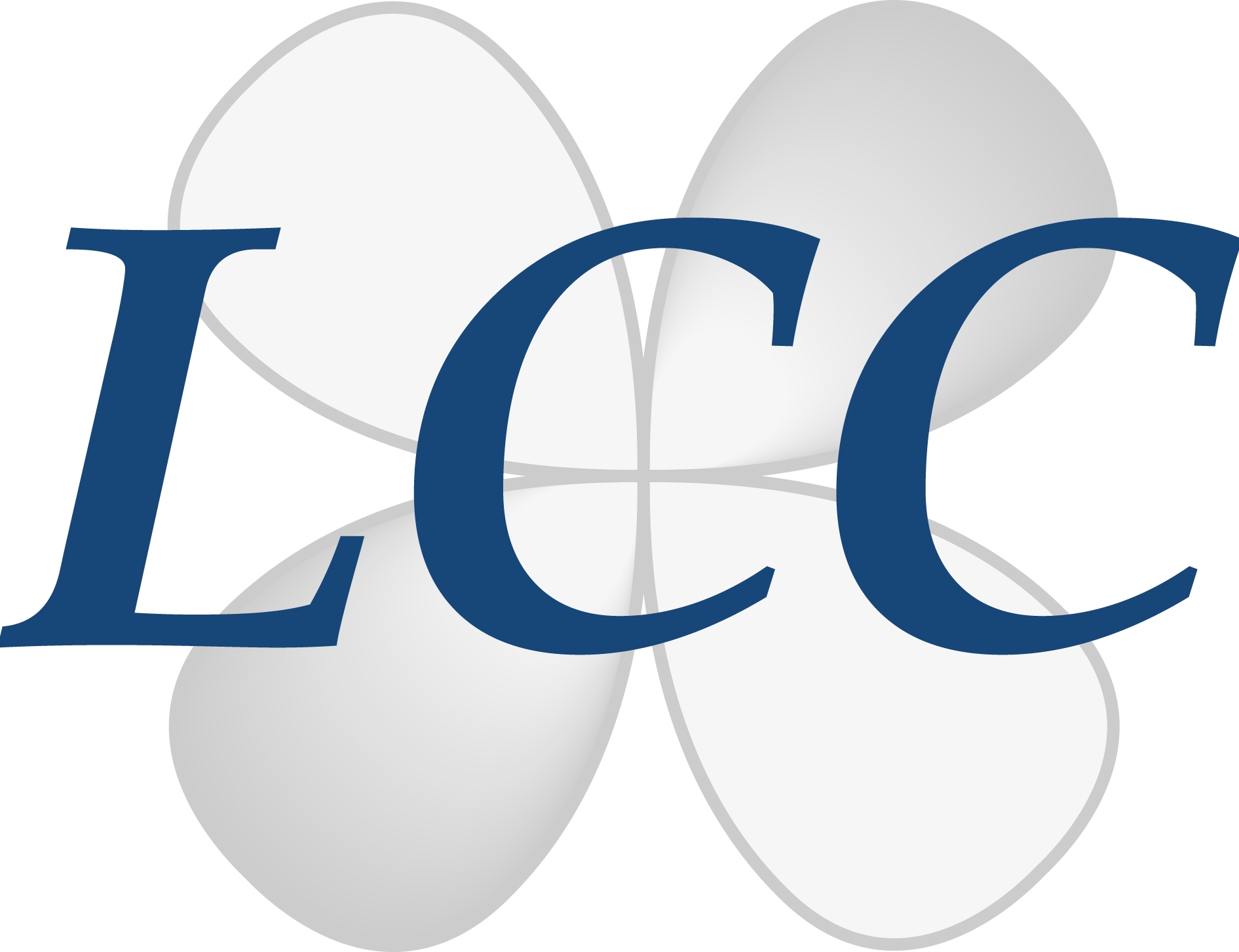Nanocomposite deposit by a safe by design method and its characterization
NANOSCIENCE

Lab: LCC
Duration: NanoX master Internship (8 months part-time in-lab immersion)
5 months full-time internship
6 months full-time internship
Latest starting date: 03/04/2023
Localisation: LCC and Laplace (Paul Sabatier University in Toulouse)
LCC adress : 205 Rte de Narbonne, 31400 Toulouse
Supervisors:
Myrtil KAHN myrtil.kahn@lcc-toulouse.fr
Adèle GIRARDEAU adele.girardeau@lcc-toulouse.fr
This research master's degree project could be followed by a PhD
Work package:
Nanocomposites are used in a lot of fields of application1. Indeed, these materials are developing multiple and custom-made properties directly related to the structure and the properties (size, distribution)) of the nanoparticles and of the matrix.
Aerosol-assisted processes are widely developed to deposit nanocomposites in thin films. To limit the nanoparticles risks for humans and for the environment2,3, a Reactor-Injector of nanoparticles (RI) has been developed. Using organometallic precursors, it consists in the synthesis of nanoparticles in-situ from liquid phases prior to their injection in the downstream process4,5.
The internship will be focused on ZnO nanoparticles using a RI, i.e. the characterization and the optimization of their structure and properties. Especially, the intern will study the RI parameters to control the nanoparticles structure and quantity.
During this internship, the student will work in a chemical environment (manipulation in inert gas atmosphere in glovebox, vacuum ramp …), and will use different method to analyse the chemical synthesis of nanoparticles and their characteristics (NMR 1H spectroscopy, absorbance and fluorimetry spectroscopy, transmission electronic microscopy …).
This project is an interdisciplinary collaboration between laboratories LCC, Laplace, IMRCP in Toulouse and Université de Montréal in Québec.
The applicant needs knowledge about nanoscience, nanotechnology, chemistry, and material science.
References:
(1) Nguyen-Tri, P.; Nguyen, T. A.; Carriere, P.; Ngo Xuan, C. International Journal of Corrosion 2018, 2018, 1–19.
(2) Du, J.; Zhang, Y.; Guo, R.; Meng, F.; Gao, Y.; Ma, C.; Zhang, H. Chemosphere 2019, 214, 830–838.
(3) Alaraby, M.; Annangi, B.; Hernández, A.; Creus, A.; Marcos, R. Journal of Hazardous Materials 2015, 296, 166–174.
(4) Kahn, M. L.; Champouret, Y.; Clergereaux, R.; Vahlas, C.; Mingotaud, A.-F. Process for the Preparation of Nanoparticles. EP 16305977.7, 2016.
(5) Carnide, G. Procédé de Dépôt Couplant Un Réacteur-Injecteur et Un Plasma Basse Pression - Vers Le Dépôt de Couches Minces Multifonctionnelles Pour l’aéronautique, Université Paul Sabatier, LCC and Laplace Laboratoires, Toulouse.
Areas of expertise:
Nanocomposite, nanoparticles, reactor-injector, optical characterization, NMR, TEM, chemistry
Required skills for the internship:
Knowledge about nanoscience, nanotechnology, chemistry, and material science are necessary.
